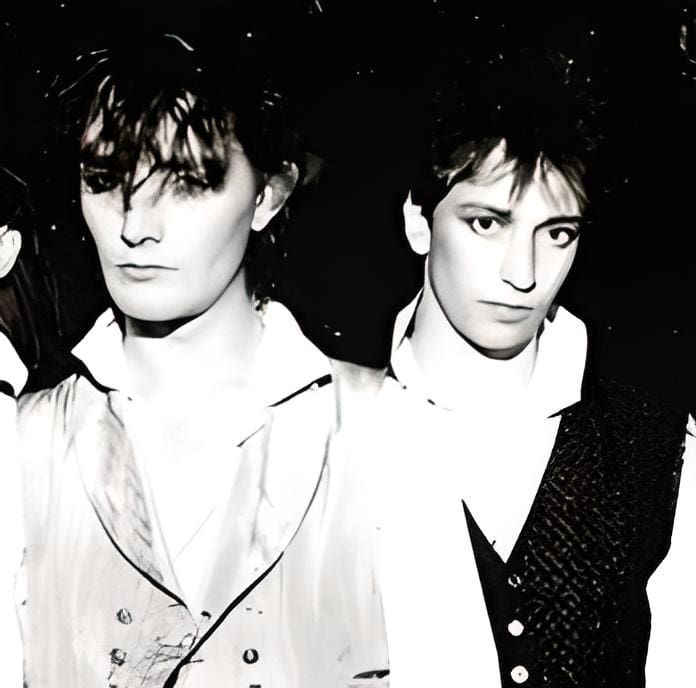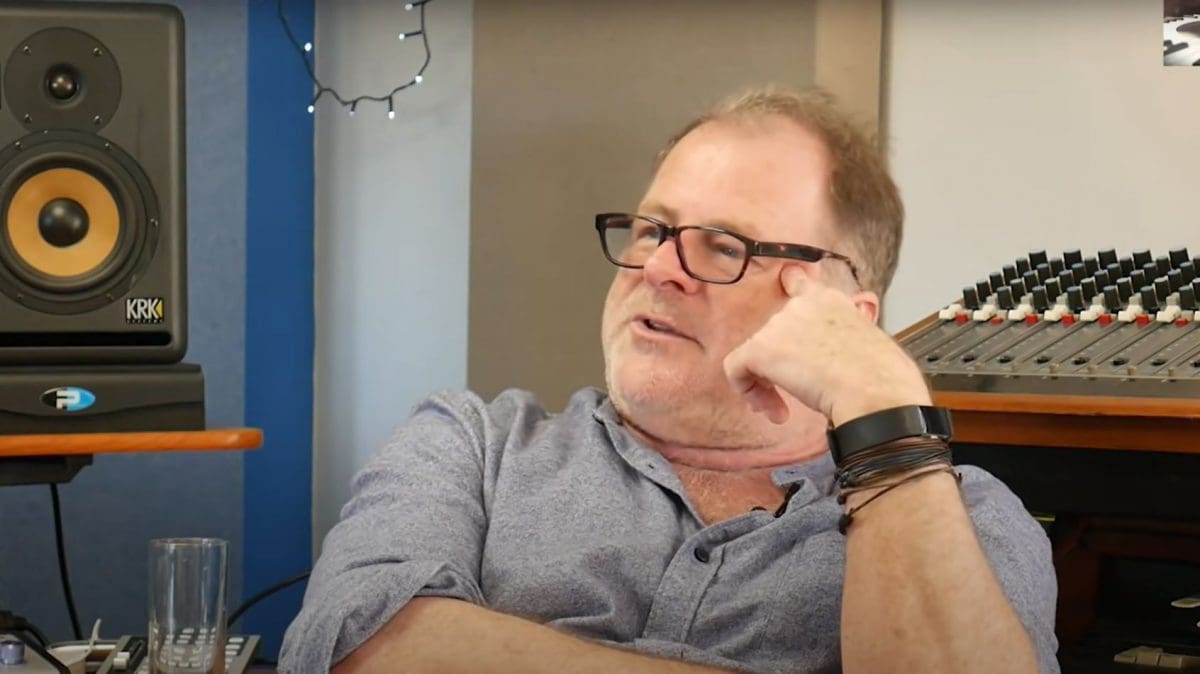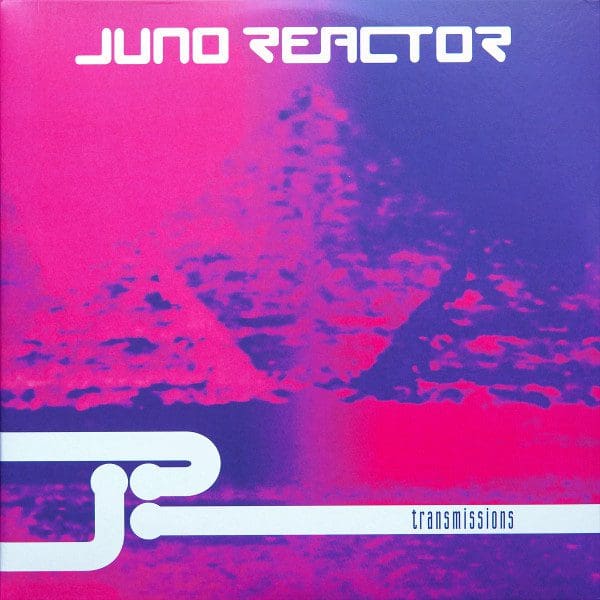Ben Watkins and Alan Wilder were once part of the same band: The Hitmen


Ben Watkins and Alan Wilder were once part of the same band: The Hitmen
Here’s some history which few people remember but since Ben Watkins (Juno Reactor) mentioned it on his Facebook page – and since many think it’s an April Fools joke – we are going to unearth some old history also including Alan Wilder (ex-Depeche Mode, Recoil) and a band called The Hitmen.
The Hitmen were an English new wave band formed in 1979. They released seven singles and two albums on the Columbia label. Members of the band would later go on to have successful careers in other notable bands and in music production.
The band was formed in 1979 and consisted of members Ben Watkins (vocals, guitar), Pete Glenister (guitar), Stan Shaw (keyboards), Neil Brockbank (bass) and Mike Gaffey (drums). Shaw and Brockbank were later replaced by Alan Wilder (indeed) and John Jay (of Ian Mitchell Band) respectively. Alan Wilder had ended up with the band after playing in the bands The Dragons, Daphne & The Tenderspots, Real to Real and The Flatbackers.
In Australia, the band were known as The London Hitmen due to a naming conflict with the local band of the same name.
The band released two studio albums; “Aim for the Feet” in 1980 and “Torn Together” in 1981. The 1981 single “Bates Motel” became a minor hit, being played widely on UK radio and having its video featured on the newly-launched MTV channel in the United States.
After The Hitmen Ben Watkins went on to join Brilliant then later form the electronic bands the Flowerpot Men and Juno Reactor, as well as working with Killing Joke’s Martin ‘Youth’ Glover in the duo The Empty Quarter. Pete Glenister went on to play guitar, write and produce for other artists such as Kirsty MacColl, Alison Moyet, Terence Trent D’Arby, Anni-Frid Lyngstad, Bruce Foxton, Fischer-Z and Bryan Ferry, among many others. Alan Wilder became the keyboardist for Depeche Mode in 1982, produced Nitzer Ebb and then continued his solo project Recoil (which he had started in 1986) after leaving the band in 1995. Neil Brockbank became an audio engineer and producer for many artists including Nick Lowe, Mary Coughlan, Alison Moyet, Tanita Tikaram, Bryan Ferry and Ocean Colour Scene. He died in 2017 of cancer.
Here are two tracks featuring Alan Wilder and Ben Watkins.
Further production work and collaborations from Alan Wilder
Throughout his career, Alan Wilder has been involved in numerous collaborations. In 1989, he produced the Euro-Tech Version of Toni Halliday’s “Time Turns Around”. Two years later, in 1991, Wilder created the Wilder Mix Full Version of Nitzer Ebb’s “I Give to You” and mixed Nitzer Ebb’s “Come Alive” for their “As Is” EP. That same year, Wilder and Flood joined forces to produce Nitzer Ebb’s “Ebbhead” album.
Fast forward to 2001, Wilder contributed strings and ambient sounds to the song “Polaroid” from the album “Gift” by Curve. A couple of years later, in 2003, he provided strings and sounds for The Digital Intervention’s track “Coma Idyllique” from the album “Capture”. One of its members is ‘PK’, a longtime collaborator of Recoil, which also includes Olivia Louvel.
In 2010, he produced a remix for Nitzer Ebb’s “I Am Undone”. Following that, in 2011, he revisited his Depeche Mode roots by remixing their song “In Chains”, which became an instant fan favourite. That same year, he also created the Expansion Mix for Sonoio’s “Minutes.”
In 2012, Wilder took part in covering two tracks for a Talk Talk tribute album (double) CD/book set called “Spirit of Talk Talk”. The tracks were “Inheritance” featuring Linton Kwesi Johnson & Paul Marshall and “Dum Dum Girl” featuring Shara Worden. Additionally, he became the executive music producer for the album.
In 2016, Wilder provided music and arrangements for “Calling the Clock” by Dede, featuring his contributions as well.
Since you’re here …
… we have a small favour to ask. More people are reading Side-Line Magazine than ever but advertising revenues across the media are falling fast. Unlike many news organisations, we haven’t put up a paywall – we want to keep our journalism as open as we can - and we refuse to add annoying advertising. So you can see why we need to ask for your help.
Side-Line’s independent journalism takes a lot of time, money and hard work to produce. But we do it because we want to push the artists we like and who are equally fighting to survive.
If everyone who reads our reporting, who likes it, helps fund it, our future would be much more secure. For as little as 5 US$, you can support Side-Line Magazine – and it only takes a minute. Thank you.
The donations are safely powered by Paypal.










